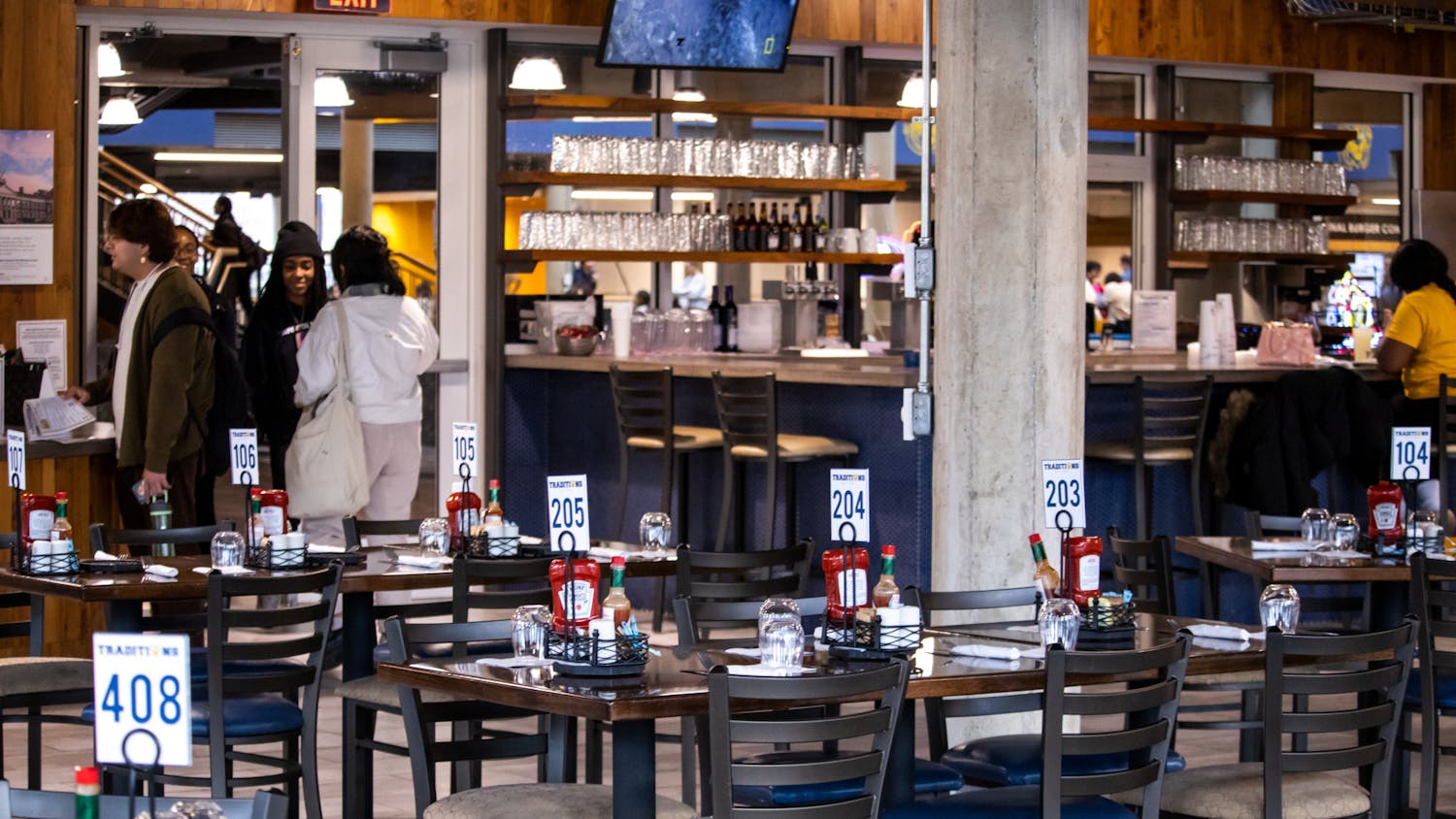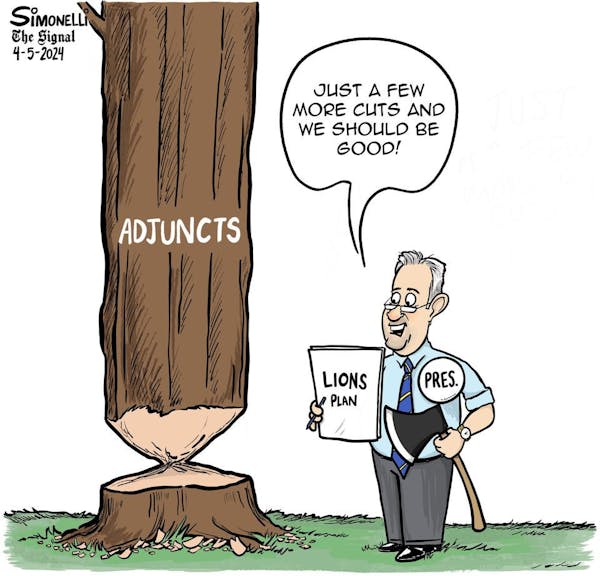By Vincent Aldazabal
The college at which we all live and learn at is to many a place we proudly call home. At such an institution, we are all fortunate for the incredible academic and social opportunities presented to us one day. As the sunny weather creeps in and our peers gather outside discussing a plethora of topics, we are brought a warm solace. However, it is still clear that embedded within these sentimental exchanges are bitterly cold remarks of resentment. Racial, homophobic, sexist and hateful slurs are slung both consciously and unconsciously to categorically demean, dismiss, and dehumanize individuals.
One would be justified in expressing a certain sense of disappointment when hearing the ease by which their fellow peers disperse such verbal forms of assault. This argument is in opposition to perpetuated ignorance and an intellectual laziness. Ultimately, the use of offensive language reveals a certain degree of selfishness. Furthermore, those who use such words exhibit deeply rooted close-minded patterns of behaviors and modes of thinking.
This may have been acceptable in the safely protected bubble of traditional suburban life or in the divisive, gritty, and brutal grip of a decaying cityscape, but not here. This is not the promise that our democracy promotes. In fact, many see college as a better place promising to free its members from ignorant prejudice and hateful alienation that plagued their old way of life. Essentially, this is a matter of understanding the purpose and promise of a liberal arts college, and that it is our responsibility to fulfill such a promise. We sleep, eat, attend class, socialize and live in the presence of others. Yet, it seems that some students function in solitude, ignoring the feelings and struggles of others.
Being more conscious of the words we speak is of the utmost significance. For, shifting the language we use in private dialogue will help shape a more progressive discourse on equality.
If we are mature enough to accept that we genuinely want to affect change in some fashion, we must start on the micro level. If we believe in equality in regard to marriage, it starts with consciously defending against using homophobic slurs to render a friend or stranger as a lesser being. If we want to stop the rape of women on campus, we must consider the impact of using language that diminishes the autonomy of women as individuals. If we wish to treat women as more than sex toys, it is how we speak to or about them that will ignite such a shift.
What’s more, it is completely counterintuitive to assert that racism is less prevalent today compared to yesterday and then go on to perpetuate stereotypes about different ethnicities. In addition, if we expect to truly confront the oppressive legacy of slavery, we must refuse to engage in its reinforcement — both subtle and overt. If we strive to see the handicapped treated equally in our institutions of education, we must reconsider using their circumstances to degrade our peers.

This can be done without infringing on our most preciously cherished freedom of speech. It would be absurd to expect legal censorship and monitoring of our words, and I abhor such a notion. In knowing this, we can begin to garner the deeper truth that we are free individuals, free to say whatever we want. But we also must realize that implicit to such a freedom is the responsibility to acknowledge the integrity of an individual and recognize deterrents to society.
Words do matter. The next time you call a girl a “slut,” you may be unknowingly degrading a victim of sexual assault. The next time you jokingly refer to your friend or insult an enemy by invoking ethnic slurs, just ponder the probability that he or she will begin to genuinely believe the inferiority you are placing the person under. What if that girl hears such words and picks up a knife with self-destructive intent? What if the closeted homosexual decides that his life isn’t worth living anymore? What if the handicapped individual decides to stop attending school?
These aren’t simply words — these are oppressive tools of communication that gradually shape the quality of other people’s lives. The choice is ours, and we are free to choose.






